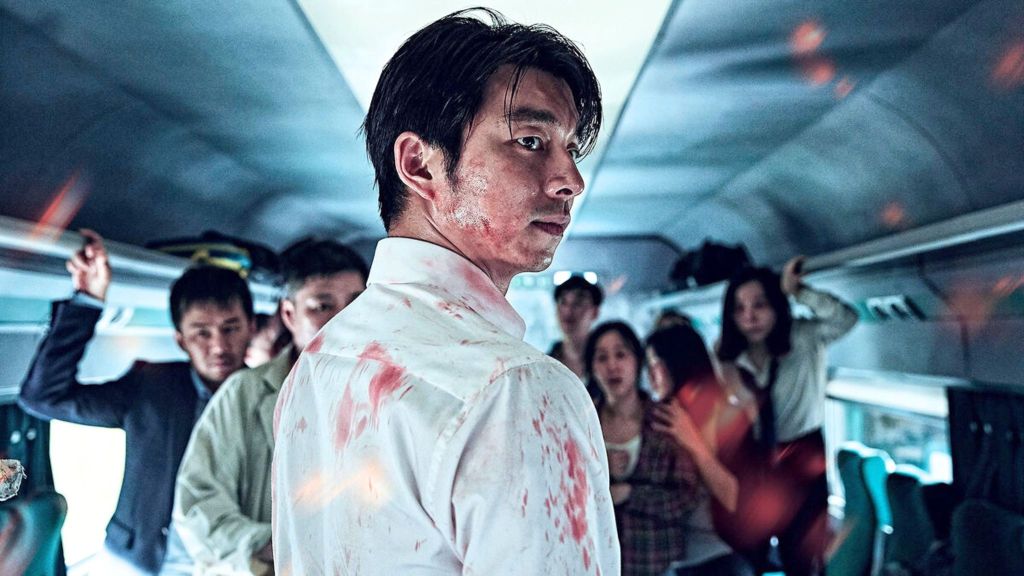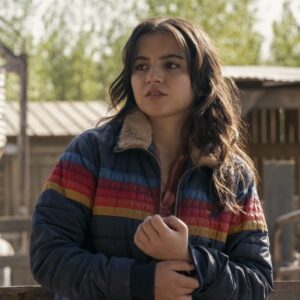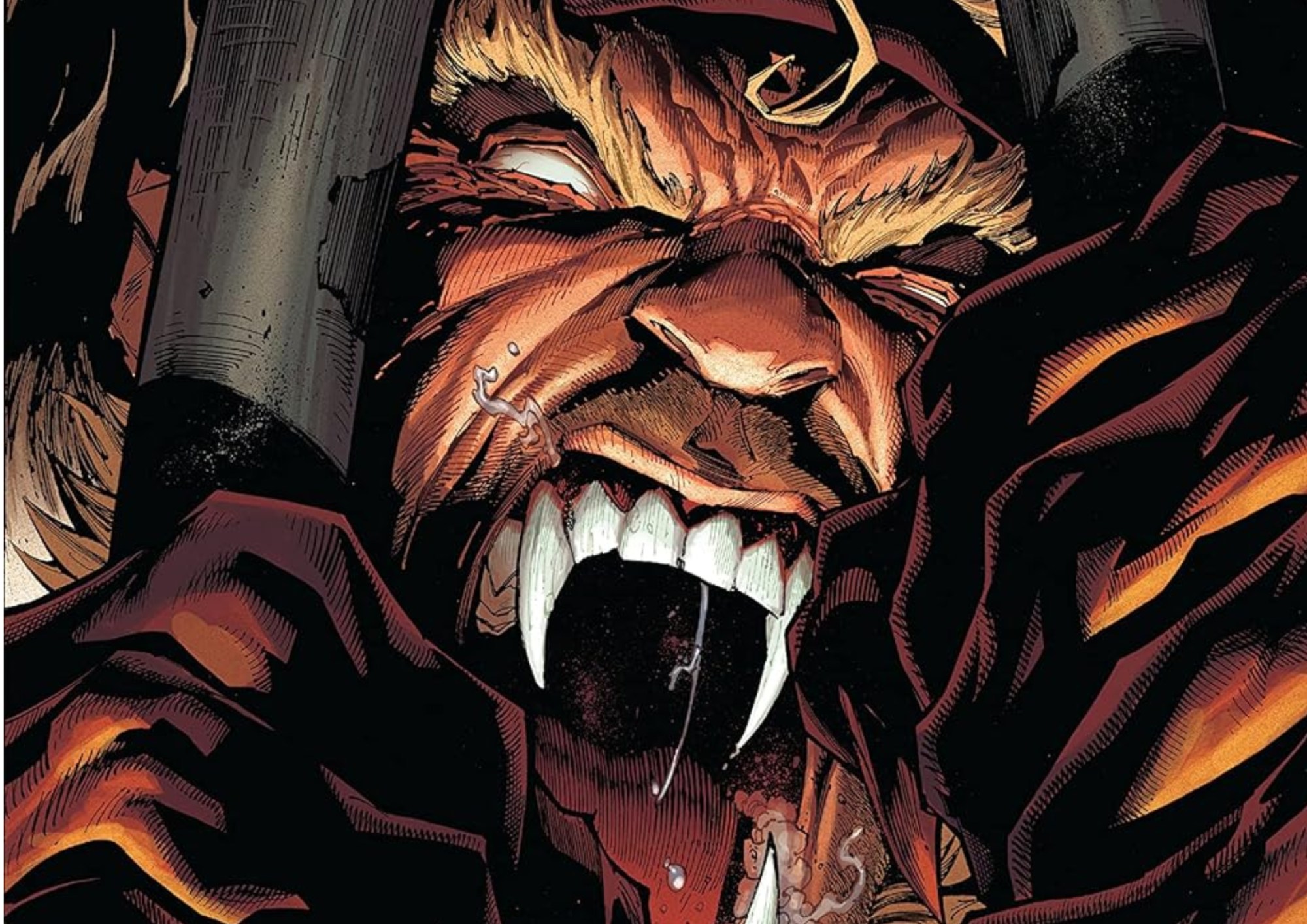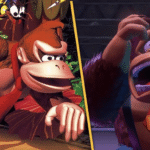Gary Dauberman, an acclaimed screenwriter known for his adeptness in crafting horror narratives, has been handed the challenging yet exciting task of adapting the successful South Korean zombie film Train to Busan for an American audience. During a recent conversation with MicroRant concerning his role co-writing the film adaptation of the popular video game Until Dawn, Dauberman shared in-depth information regarding his strategic vision for the adaptation that has been brewing for several years. He emphasized his ambition to capture the emotional depth and intricate character relationships that contributed to the original film’s global resonance. While his rendition, tentatively named The Last Train to New York, is expected to reflect some direct parallels to the iconic 2016 original by Yeon Sang-ho, Dauberman’s primary mission lies in transposing the emotional and character-driven essence to appeal to its new audience.
This update sheds light on a long-delayed project that has been surrounded by anticipation and speculation. It was intended to star noteworthy industry members like director Timo Tjahjanto and renowned producer James Wan. However, without a release date after being withdrawn from Warner Bros.’ schedule in 2022, its future remains uncertain.
Dauberman remarked, “I grew up in Philly, so there’s that corridor. I’ve taken the train a bunch of times, from DC to New York.” This personal connection to the familiar American East Coast train route underscores his intent to maintain parallels with the film’s original setting while adapting it to resonate with a new audience. Recognizing that public transportation in Korea is markedly different than that in the United States, Dauberman identifies a unique opportunity to tackle the challenge of making these narrative shifts align with the American context effectively. His script is a creative undertaking he expresses distinct pride in.
An intriguing point raised by Dauberman refers to the geographical shift from the Korean high-speed KTX rail line connecting Seoul and Busan to an East Coast train journey between DC and New York. The geographical and cultural adaptation amplifies the intricacies of incorporating American societal elements and infrastructure within the zombie apocalypse narrative. Through his lens, leveraging familiarity with the new settings might offer fresh opportunities to explore alternate societal responses to looming threats, thereby grounding the story in relatable real-world circumstances.
Dauberman was deliberately hesitant yet intriguing about potential scene recreations from the original, indicating, “I am not going to give specifics,” while he also hinted at some scenes receiving direct homage. His fixation remains steadfast on mirroring the emotions and character nuances that shone brightly within the first film. “Yes, there’s some direct one-to-one,” Dauberman acknowledged, yet he stresses the brilliance of leaving the core elements intact due to their successful execution in the original’s narrative.
The Long, Troubled Journey of The Last Train to New York

Despite assembling a dynamic team of horror experts and stirring considerable excitement, the American adaptation of Train to Busan faces trials indicative of a tumultuous path to realization. Shortly after the original film’s sizable global success in 2016, Warner Bros. and New Line Cinema actively pursued remaking the film for new audiences. However, despite a promising start, the momentum they gained initially has waned over time. In February 2021, promising Indonesian director Timo Tjahjanto, known for producing intense scenes in films like The Night Comes for Us and segments of the V/H/S horror series, was onboarded to steer the project. By December 2021, the project was officially named The Last Train to New York, aligned with a release date set for April 21, 2023, suggesting a promising trajectory.
However, with progress stagnating midway, a tangible step forward became evasive. By July 2022, with no updates on casting or the commencement of production, Warner Bros. subtly removed The Last Train to New York from its release schedule, casting uncertainty on its unfolding future. Earlier this year, director Tjahjanto commented on the delays, sharing, “I’ve been ready since 2020, but when a film is stalled that’s not up to the director,” a statement that highlights the bottlenecks rooted within studio-level decisions. The profound silence from Warner Bros., coupled with the lack of clear communication from key producers like James Wan, has bred speculation surrounding the deferral’s causes, despite Dauberman’s script being deemed complete.
The allure of the original Train to Busan was buttressed by its poignant commentary on class, selflessness, and humanity, embodied by the unyielding bond between Seok-woo (portrayed by Gong Yoo) and his daughter Su-an (Kim Su-an). Amassing over $98 million in global earnings while operating on an $8.5 million budget, the film heralded the resurgence of zombie cinema with its claustrophobic setting, relentless tempo, and intrinsic emotional heartbeat. This achievement spurred an animated prequel (Seoul Station) and a standalone sequel (Peninsula). Yeon Sang-ho, the original film’s director, expressed aspirations for any remake to carve its path with unique qualities, veering away from mere imitation. Attempting this delicate balance of innovation and homage, coupled with potential strategic shifts or cultural nuance challenges, could potentially elucidate the project’s challenging stasis.
Meanwhile, those interested can find Until Dawn currently available in theaters.
This brings us to a lingering question: Will The Last Train to New York eventually move forward from its stalled position, or is this adaptation indefinitely paused? We invite you to delve into this conversation and share your perspectives in the comments section!















